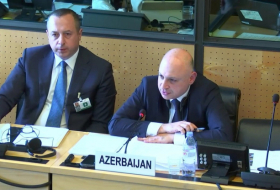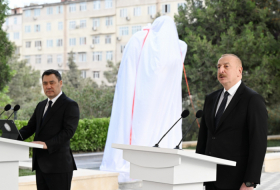On the night of 3 September 2016, Ines Madani and Ornella Gilligmann parked a grey Peugeot 607 with no number plate on a narrow street in front of busy restaurants near Notre Dame cathedral in central Paris. The car was loaded with six gas canisters. The woman poured fuel over the car and threw a lit cigarette at it.
But they had chosen diesel fuel, much less flammable than standard petrol and, despite several attempts, the car did not catch fire. If it had done it would have caused a devastating firebomb. “Only a poor choice of petrol meant their attempt failed,” investigative judges said. They said if the women had succeeded, there would have been “carnage”.
Madani, who was 19 at the time, used her father’s car for the planned Notre Dame attack. She has previously been described in court by her lawyers as “a girl in search of recognition and love”. A previous trial over her terrorist activity showed she was in contact with key Islamic State figures in Syria and served as a kind of mentor figure for recruiting other women into terrorism in France. She used male pseudonyms of Isis fighters on social networks, posing as men while chatting to other women to encourage them to join the group. By phone, she modified her voice to pass as male when courting other women romantically to join the movement online.
The case aims to show how young women have played a key role in homegrown terrorism, which was thought to have been dominated by men.
François Molins, the former French state prosecutor, has previously described a “terrorist commando made up of young women totally receptive to the deadly ideology of Daesh [Islamic State]”. He said the cell showed Islamic State “intends to make women into fighters”.
When the car bomb failed to light outside Notre Dame, the women fled. Gilligmann, an unemployed mother of three, was arrested in the south of France. Madani, following the advice of her Islamic State handler, went to Boussy-Saint-Antoine, a small town south-east of Paris, where she joined other women, including a 23-year-old cleaner in a psychiatric clinic who had become radicalised.
Fearing they were being watched by police, the women fled the flat armed with a kitchen knife. One of the women had left a note written in lipstick on a mirror saying: “Mummy loves you”. One woman attempted to stab a plain clothes officer and Madani was injured in the legs by police officers firing as she fled.
A sixth young woman is on trial for failing to denounce the planned attack.
Rachid Kassim, an Islamic State fighter is said in court documents to have coordinated the failed Notre Dame attack as well as other attacks in France from his base in Syria, is also on trial in absentia. He is believed to have been killed in Iraq, but without proof of his death he will be tried.
The trial, in a special court made up of professional magistrates without a jury, will run until 11 October.
More about:
















































